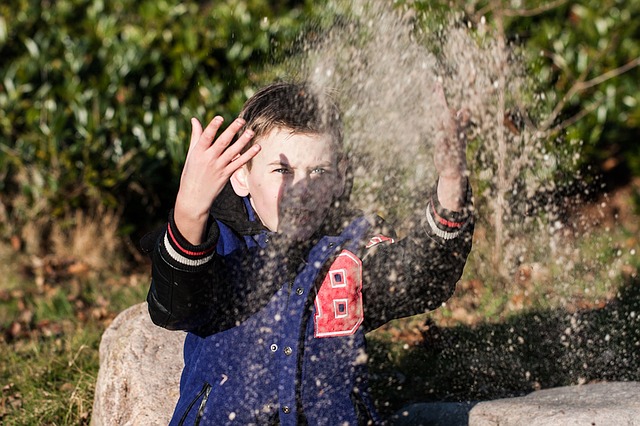Parents like to think that we are paying attention to our children and are in tune with them all (or most) of the time. But, sometimes we can forget that when they are grouchy or are behaving in a certain way that there is a reason or feeling behind their children’s behaviour. It may be that they are hungry, tired, ill or upset about something – not just being difficult for the sake of it. We can forget to see the good in children. Instead when their behaviour is not as we would like it to be or they have done something we don’t agree with, we see the ‘negative’ and that negative thought can stay with us for a long time. We forget that there may have been good intentions behind their actions and assume the worst.
Parents can forget that our children have a different perspective on their own life. The way parents would solve their problem is not the same as they would solve it. Kids are noisy, take risks, are silly, challenge, don’t listen, play up etc. We were children once and we were just the same. This is how we learnt about the world, ourselves and rules of life and we have to give them the chance to learn in the same way.
Understanding Children’s Behaviour
We may forget their mental age as they are mature in other ways or that they don’t have the life experience to deal with a certain situation.
What would you say you consciously have to remember about children? I’d love to hear from you – leave a comment or post on my blog. For another resource on children and behaviour have a read of this article or why not look at the other side of the coin and read about children’s expectations.
To read more about this subject and parenting please take a look at The Parent’s Toolkit.

